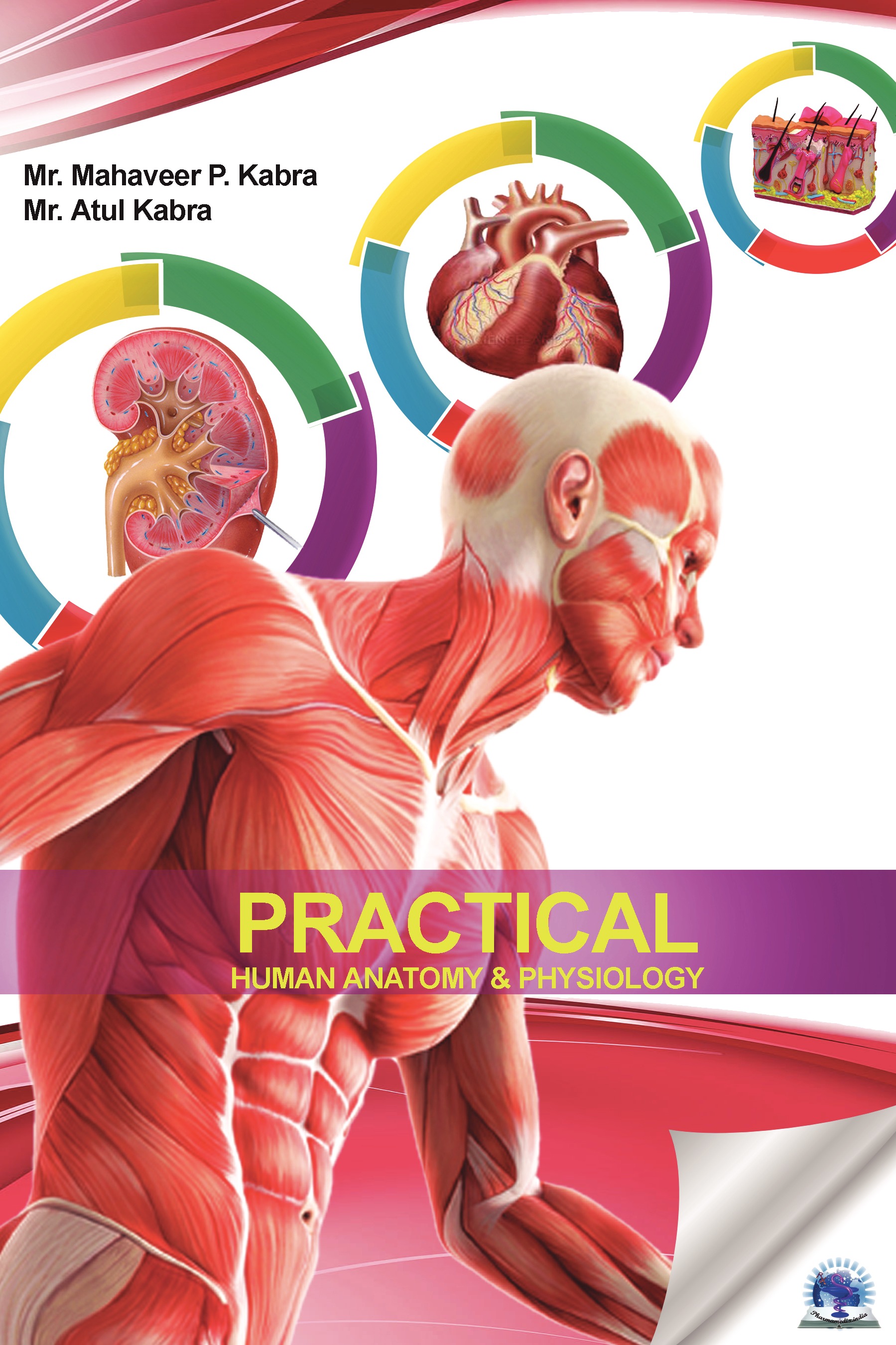
Introduction
Physiology is the study of normal function within living creatures. It is a sub-section of biology, covering a range of topics that include organs, anatomy, cells, biological compounds, and how they all interact to make life possible.
The study of physiology is, in a sense, the study of life. It asks questions about the internal workings of organisms and how they interact with the world around them.
Physiology tests how organs and systems within the body work, how they communicate, and how they combine their efforts to make conditions favorable for survival.
Human physiology, specifically, is often separated into subcategories; these topics cover a vast amount of information.
Researchers in the field can focus on anything from microscopic organelles in cell physiology up to more wide-ranging topics, such as ecophysiology, which looks at whole organisms and how they adapt to environments.
Objectives
- To learn the variables in circulatory system.
- To learn which experiment should be performed to observe the fluctuations in the circulatory system.
Outcomes
Students will be able to determine the techniques/procedures for blood group, bleeding time, blood clotting time, heartbeat, blood pressure, hemoglobin test, EST test etc.
Text Books & References
- Text Book of Medial Physiology: Guyton and Hall
- Review
of Medical Physiology: W.E. Ganong
- Human Physiology: C.C. Chatterjee. Vol 1&2.
- Teacher: Md. Reaz Mahamud
